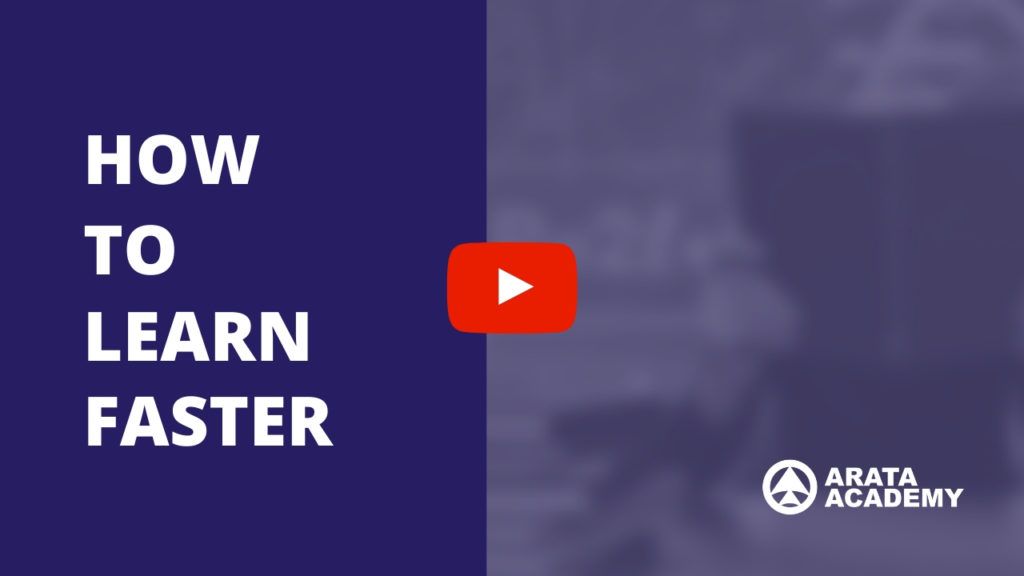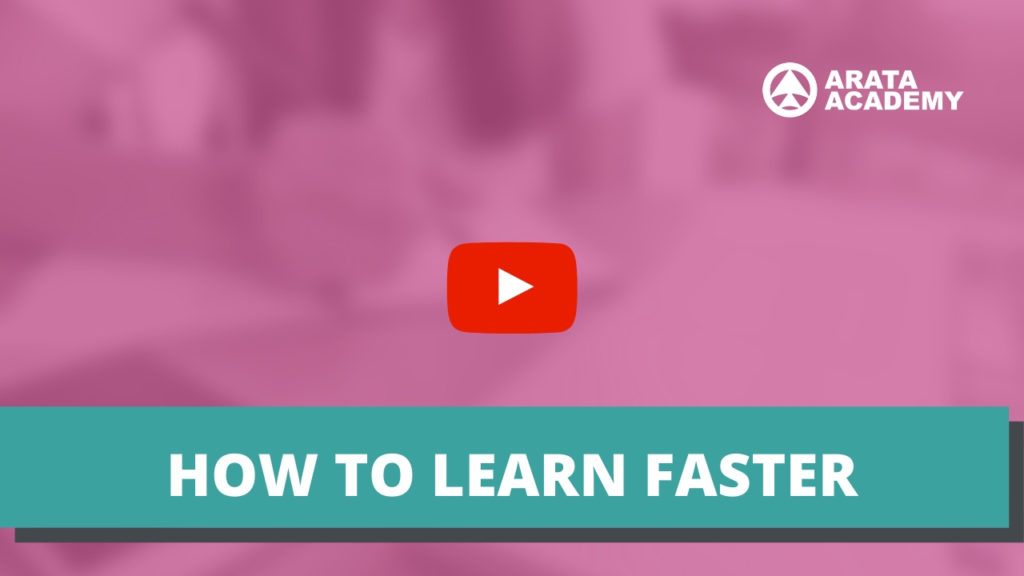Hello! Seiiti Arata. Some people experience great difficulty with study. In fact, it is more than that: they are suffering! Studying is a nuisance, and they feel anxiety, even agony, every time they have to do it. Others may wonder if they have problems with low IQ; maybe they have attention deficit / hyperactivity disorder (AD/HD) or some other psychological explanation for disliking study. You can rest assured that the explanation is quite simple, and you will learn what to do in this video.
1. Can you do better than these kindergarten children?
This test was introduced for children in kindergarten at a school in Japan. More than 70% of the children managed to solve the problem. Before you look at the test, here’s a special tip for you: The children were so young that the only thing they knew about arithmetic was how to count up to 10.
8809 = 6
7111 = 0
2172 = 0
6666 = 4
1111 = 0
3213 = 0
7662 = 2
9312 = 1
0000 = 4
2222 = 0
3333 = 0
5555 = 0
8193 = 3
8096 = 5
7777 = 0
9999 = 4
7756 = 1
6855 = 3
9881 = 5
5531 = 0
6782 = ?
Have you found the answer? Pause the video and leave your answer in the comments. NO LOOKING AT THE RESPONSES OF OTHERS!
If you cannot guess the answer, just write, “I do not know the answer to the number challenge,” ok? This will help us learn the approximate percentage of people who will get it right.
Ready? The answer is the number three. What the children were counting was the number of circles that existed in the shapes of each number.
Some of you may have been upset that the answer to the problem is so simple. You were thinking it would be necessary to make some kind of complex calculation. Well, that’s why I gave the hint early on that the children were so young that they could only count to 10 at most.
What happened here? You just went through an experience in which your brain was conditioned to think in a certain way. And you might have been surprised when you saw that the answer was derived from a very different way of thinking. All right, now I’ll explain how this is related to not liking to study. But first, we will see another test.
2. Do not let the candle drip.
This is another classic exercise. If you already know the answer, please SKIP this activity!
Imagine you are in a room, and you receive the following objects:
1) a candle
2) a matchbox
3) four nails
4) a hammer
Your goal is to light a candle so it can burn at a height of at least one meter above the floor without letting the wax drip onto the floor.
Now think about the solution. Please pause the video and leave comments on how you can light the candle one meter off the ground without the wax dripping. Oh, and you cannot be holding the candle, okay?
If you do not know what to do, then write in the comments “I do not know the answer to the candle challenge.”
Ready? Some people try to nail the candle onto the wall, but that will not work—when the candle burns, the wax will eventually drip onto the floor. The same thing will happen if someone melts a part of the candle and tries to stick it to the wall—it will fall sooner or later.
One solution is to empty the box of matches and nail the box itself on the wall using the nails and the hammer. Place the candle inside the box. Then you can light the candle, and when the wax melts, the melted wax pools inside the box.
Again, we have another example of how the brain finds it difficult to solve a problem that seems to be simple. Isn’t that interesting? Now let’s finally answer the question of why you do not like to study.
3. The brain is not a computer.
If our brains were machines, we would have the ability to solve any problem, especially those riddles with simple answers.
And we don’t even need these riddles as an example. Just think of the number of things that we forget. Or the difficulties that we have trying to learn something. Or in disagreements, when we think we understand something but really do not understand anything. How about communication problems, when we are not understood correctly or fail to understand others?
In the evolutionary process, the best brains are the most efficient brains that have been selected. Therefore, the less energy we waste thinking about unnecessary things, the better it is for our survival. The analytical reasoning process is very tiring. Most people do not want to think. This is why some silly television programs are popular—just watching and listening does not require a very high level of reasoning.
In our day-to-day routine, to avoid having to think too much, we do many activities on autopilot, using our unconscious competence. The secret of the brain is that it can learn through repetition: hence our actions become automatic as we create cognitive models that we can use in the future.
We use our memory and old associations to guide our actions. If we had to stop and think at every moment, we would be very inefficient.
4. We like to find results for problems.
Now the good news: While it takes work to think, we have a great satisfaction when we solve problems. We are naturally curious.
Our awareness of conditions must be appropriate. If it is difficult, we will avoid having to think. (You probably noticed several people writing in the comments that they did not know the answers to the quiz questions.)
The vast majority of cognitive activities that we carry out follow the patterns we carry unconsciously. But unconscious competence alone does not serve to solve unusual problems such as the two we tackled earlier. Although they’re simple enough for kindergarten children to solve, our cognitive models are not used to handling such tasks.
And here we finally come to the main point:
If you do not like to study, it is likely that you feel much like this: Perhaps your current skills, maybe your existing memories or your current knowledge base and competencies are not suitable for the challenges of study that you have ahead.
If this is the case, when you try to study, you may not have success because there is a mismatch between the study task and your reference base. The solution is simply to feed your database with more (and better) references. You need to learn by acquiring the minimal structures.
The brain does not perform unnecessary work. The brain performs several functions, and critical thinking is just one of them. We have all the tasks related to vision, spatial orientation, walking and talking—most of the resources of the brain are devoted to other activities. This is why, for certain activities such as mathematical calculation, computers can outperform the human brain.
At the same time, we are curious and like to solve problems, as long as the challenge is appropriate. We need to have the necessary base of knowledge and skills. When the challenges are beyond our capacity, there is frustration, and the brain loses the incentive to get involved. So the study session will not be pleasant at all.
The solution to this is learning to learn. Identifying the previous blocks of knowledge that are missing is the first step to overcoming the challenges of learning and taking pleasure in the study. I’ve recorded a detailed video for you to learn how to learn— visit the link http://arata.se/howtolearn

